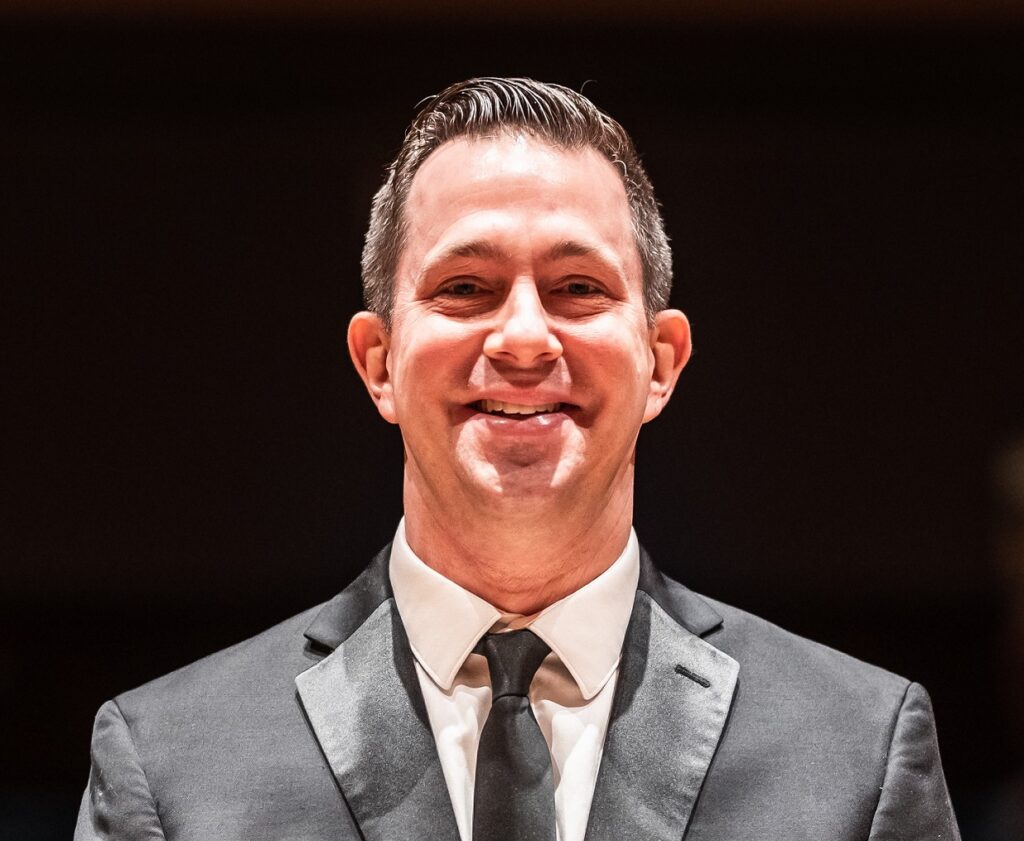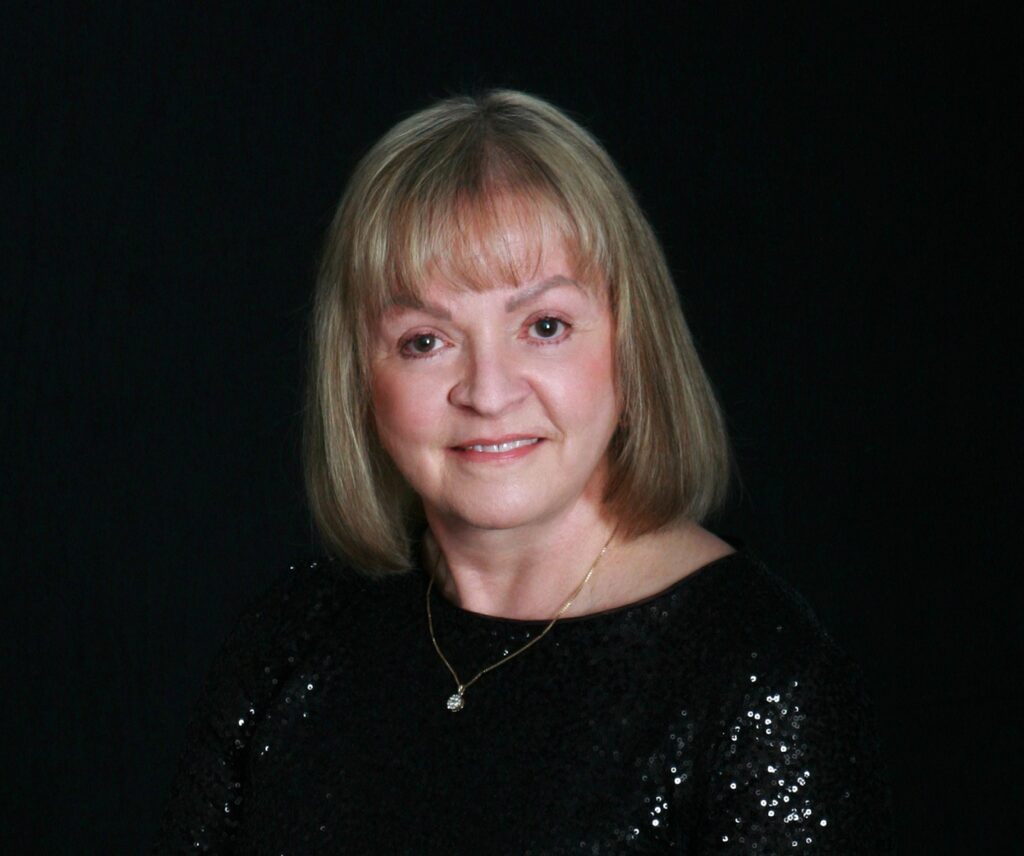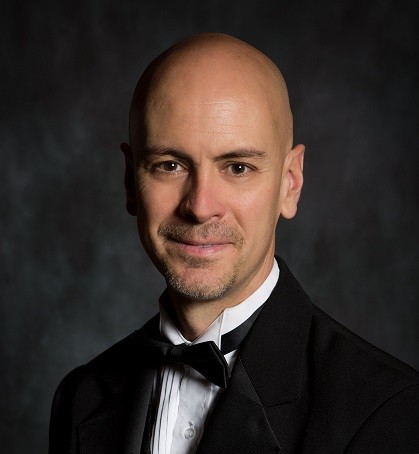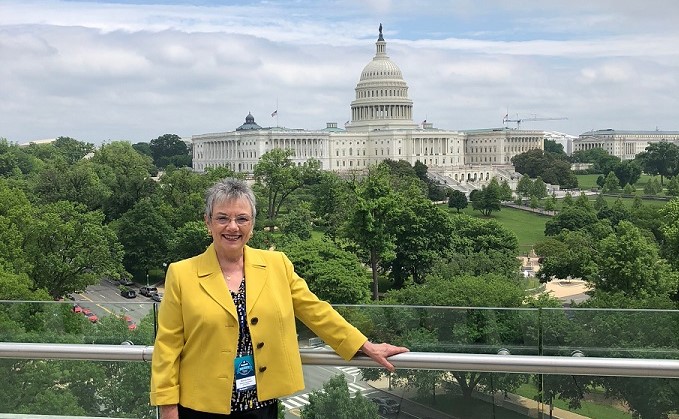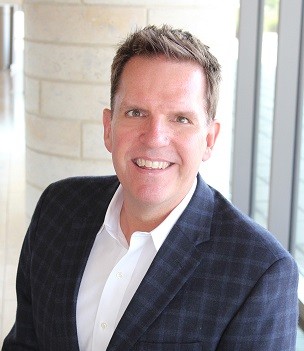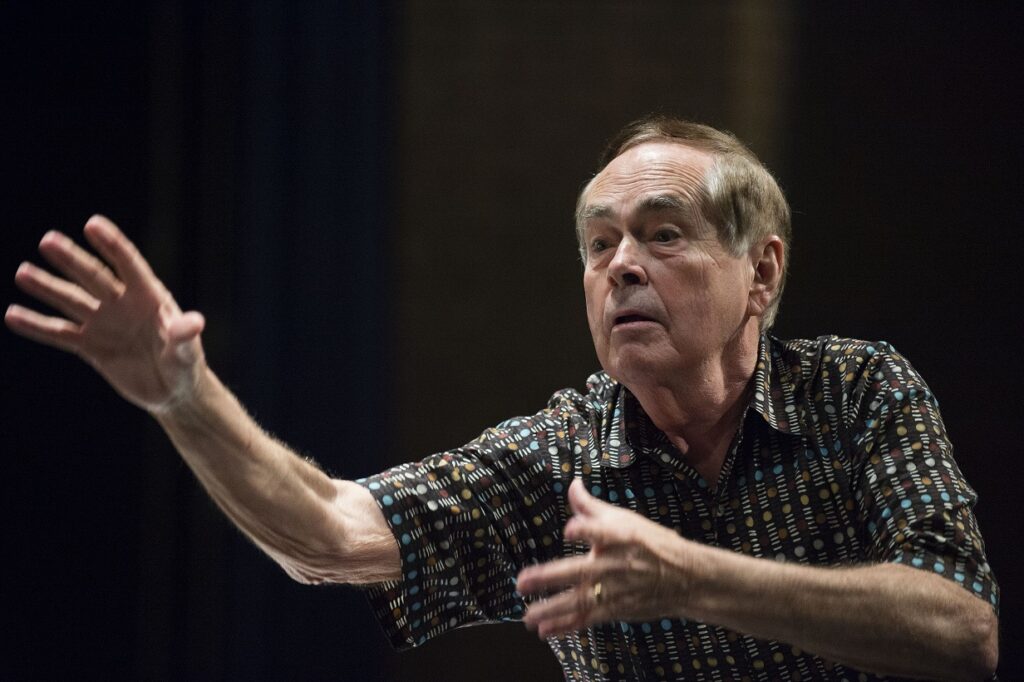Tagged Under:
Q&A with Yamaha Master Educator Marguerite Wilder
Seeing students’ “aha moments” when they connect with music is what drives Yamaha Master Educator Marguerite Wilder to fight for music education.
Marguerite Wilder is a widely recognized middle school conductor (retired), clinician and consultant. She was director of Lovett Middle School Band and Woodward Academy Band, and taught at Tapp Middle School in Georgia.
Wilder graduated from the University of Georgia and Georgia State University. She is a Yamaha Master Educator.
Q. When did you know that you were going to make music the focus of your professional life?
A. I don’t think I realized it while it was happening, but a particular high school experience shaped my life’s work. When I was at Marietta High School in Georgia, my high school band director, Boyd McKeown, had a leadership and community-service component that went with a first-chair position.The component was teaching lessons to elementary students during the summer. That community service was the seed that developed into my life-long love with teaching.
As a teacher, the most amazing experience is when a student gets it. They have that “aha classroom moment” and are able to understand and perform some passage in music. Then comes the “aha performance moment” followed by the “aha musical moment” when teacher and student experience a powerful connection to music.
I was a good player. I made First Chair All State and won the State Concerto Contest which led to a performance with the Atlanta Symphony. Everyone thought I would go to college and major in music performance. But I had been bitten by the teaching bug, so I chose to be a music education major — a decision I never regretted.
I loved teaching music! I loved sharing the gift of music! I always give thanks to Boyd McKeown for opening the world of sharing and teaching music with my students.
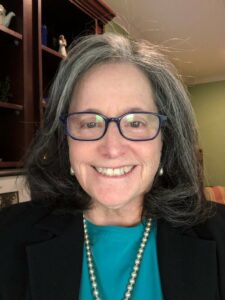 Q. Other than music, what brings you inspiration?
Q. Other than music, what brings you inspiration?
A. Broadway musicals and plays, reading and travel.
Q. What piece of music do you wish you had written and why?
A. You know I cannot be confined to one answer — music is too wonderful for just one answer! First on the list is James Whitbourn’s “Annelies,” which is a full-length choral piece based on the “Diary of Anne Frank.” It is a painfully beautiful moving story. Next on my list isGustav Holt’s Chorale from Jupiter (The Planets, Suite for Large Orchestra.) I love the beautiful soaring French horns and cello lines. Third, “Hamilton” by Lin-Manuel Miranda – because it is just the best!
Q. What book is on your nightstand right now?
A. “Becoming” by Michelle Obama and “Alexander Hamilton” by Ron Chernow.
Q. What is the most embarrassing moment of your life that you can share?
A. The Woodward Academy Band had an exchange program with the Wiltshire County Band program in southwest England. Every two years students from one of the schools would travel to Atlanta or Wiltshire to experience the culture and people of another country and perform in a combined concert. The staffs of the two schools would see each other every two years, and we became close.
In the 1990s, I was in London with 100 Woodward Academy band students. We had landed at Heathrow at 5 a.m., and we immediately embarked on a full day of sight-seeing. The teenagers weren’t fazed by missing a night’s sleep, but I was exhausted by 6 p.m. I could barely remember my name or the name of our school!
We decided to take the London Underground to the Piccadilly Circus area for dinner. When 100+ people arrive at the tube station late in the day who have to buy tickets, things don’t go as planned. We started buying tube passes from the machine on the wall — notice that the word “machine” is singular. We quickly depleted the supply of tickets from the machine, so we then had to buy tickets one student at a time from the one man in the one ticket booth.
While I was dealing with buying tickets, one of the other teachers told me that some of our students had decided that they would go to Piccadilly Circus ON THEIR OWN and had made their way to the platform. I wheeled around and said in my best mad mother/teacher voice, “If you are NOT from England, get off the platform and get behind this line on the floor in the ticket area … and STAY THERE!”
Then I turned around and continued buying tickets for the remaining students. A minute or two later, the same teacher told me to turn around. A large group of Woodward students were standing behind the line in the ticket area along with a family from Japan! My kids didn’t want to say anything because they thought I was already mad at them. So instead, my students looked at this Japanese family, and the family looked back at the Woodward students.
Yikes! I immediately went over to the family and apologized for my outburst and told them to please go to the platform and take their train.
After my adventure at the London Tube Station, every time Woodward visited London, the Wiltshire staff would always ask, “Has Rite caused any more international incidents in London’s Underground?”
Q. What is your favorite guilty pleasure food?
A. Ice cream
Q. What is your biggest pet peeve?
A. People giving a session on music, and the session is a lecture about music and you NEVER hear any music. Music is an aural art, people! It’s like telling someone about a piece of art and never letting them see it! Like David Bowie said, “Talking about art is like dancing with architecture.” WOW, that is my pet peeve.
Q. Why is music important to humanity?
A. Music, as with all the arts, makes us human. It is the most authentic kind of communication that includes everyone. Music builds community.
Q. Which person from history, dead or alive, would you want to have lunch with and what would you discuss?
A. I would want to dine with President Barack Obama and discuss his book “The Audacity of Hope.”
Q. Why is it important to protect access to music education?
A. Our educational system has lost sight of the importance of preparing a well-rounded educated person. We are so wrapped up in high-stakes testing, Common Core standards and STEM (science, technology, engineering and math) that we have forgotten the purpose of educating the whole child.
I believe that the arts are the only opportunity for children to become independent thinkers. Children must learn how to work collaboratively. When they can collaborate, they can build a better future for themselves and those around them. Musical ensembles provide such opportunities. All members of an ensemble are valued, and their contributions are important and needed by the entire group. Through instrumental music, students can work collaboratively and creatively, they learn to compromise, and they build a better community. I think the world would be a better place if all leaders had and valued music education.










